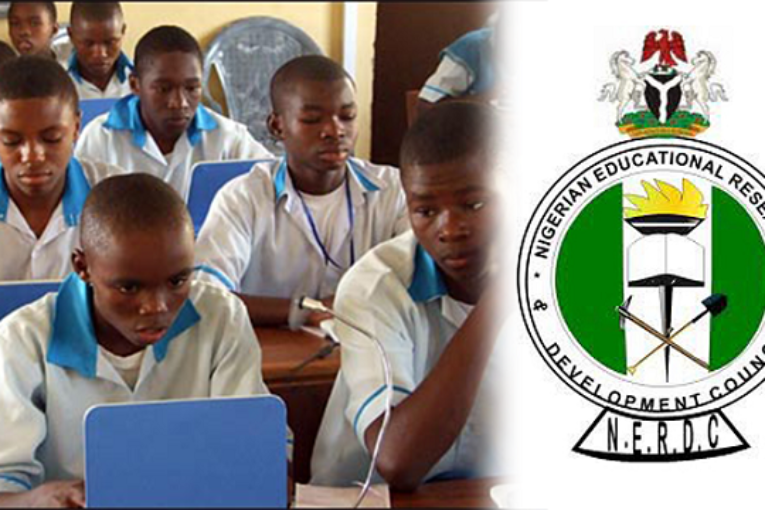
Minister of Education, Prof. Tahir Mamman, has emphasised the need for a yearly review of the secondary education curriculum to enable it meet current realities.
Mamaan lamented that it took 12 years for the present curriculum to be reviewed.
Speaking at the policy committee meeting on the new Secondary Education Curriculum Structure and Benchmarks, the minister said there is a need for the inclusion of skill acquisition in the new curriculum for secondary schools in Nigeria.
He said: “The country is grappling with issues of quality of students, who have skills and the industry is in dire need of these skills. Some of these skills are not necessarily acquired at the tertiary level. They are skills, which could be infused at the secondary school level.”
“It is not every student who wants to go to university. Some, for whatever reason, may decide to pursue other careers, and would have acquired some level of skill at that level.”
He said the workshop was held at a time when they were doing so much around reforms to ensure that students, the society and the country provide the best training and the appropriate qualification for pupils in the primary, secondary and tertiary levels.
Executive Secretary, Nigerian Educational Research and Development Council (NERDC), Prof. Ismail Junaidu, said the meeting was to ensure the full implementation of the activities contained in the Roadmap for the Education Sector (2024-2027).
“The old senior secondary education curriculum was found to be no longer relevant to the overall objectives of our education in terms of human capital development, job creation, value reorientation and poverty eradication.
“Additionally, there is a pressing need to achieve the Education for All (EFA), Millennium Development Goals (MDGs), and the homegrown National Economic Empowerment and Development Strategy (NEEDS),” he said.
Junaidu said there was also an urgent need to create opportunities for students to acquire the relevant trade and entrepreneurship skills needed for poverty eradication, job creation, and wealth generation, as well as consolidate the foundation for ethical, moral, and civic values acquired at the basic education level.
He maintained that in the last 12 years since the introduction of the current curriculum, times have changed, the world has advanced, new ideas have emerged, knowledge has progressed, new global goals have been set, new skills created, and new technologies developed.
“The only way we can effectively respond to these changes and give our children the chance to develop new skills and competencies for thriving in the contemporary world is to give them the necessary learning opportunities through curriculum reform,” he said.
-Guardiand




